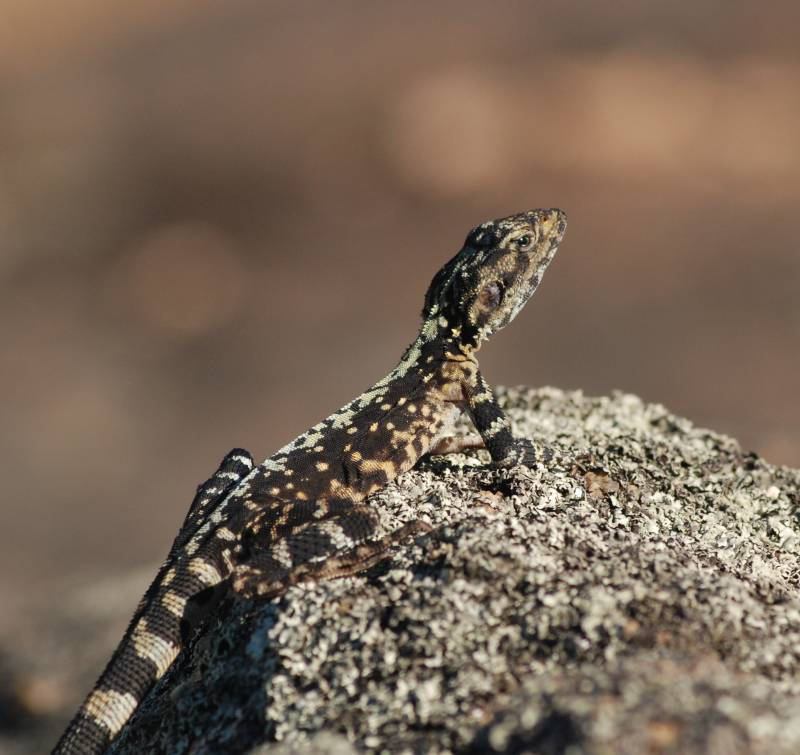Higher Degree by Research Application Portal
| Title | Avoiding extinction: natural and sexual selection in the wild |
|---|---|
| Supervisor | Dr Natasha Lebas |
| Dr Joseph Tomkins | |
| E/Pro Leigh Simmons | |
| Mr Mark Richardson | |
| Course | Doctor of Philosophy |
| Keywords | evolutionary biology |
| conservation | |
| sexual selection | |
| Research area | Biological Sciences |
| Project description | Wild populations are becoming smaller and more isolated; whilst simultaneously having to adapt to a rapidly changing environment and climate. Against this stark dichotomy of adapt or perish, it is imperative that we learn how best to support small, fragmented populations. While lab-based systems exist to guide us, there are few robust natural systems within which we can develop our understanding. In the proposed projects we leverage a natural lizard system whose unique population dynamics mimic those of many threatened species. The lizard system also has substantial variation in sexually selected traits providing opportunities for investigating sexual selection in the wild. There are multiple opportunities available, for example: 1) determining the key factors that enhance adaptive potential in a changing environment, 2) population variation in sexual selection and its role in improving genetic health, 3) the evolution of female ornamentation, and 4) the population consequences of variation in predator and parasite pressure. We are powerfully placed to determine the relationships between natural and sexual selection and genomic parameters in the wild due to our long-term study system, the ornate dragon lizard (Ctenophorus ornatus). We have over 3,500 individuals sampled from over 70 wild populations dating back ~28 years. The ornate dragon resides on isolated granite outcrop ‘islands’ within a ‘sea’ of wheat fields, providing the level of replication and population variation required to establish the predictors of extinction and adaptation. The ornate dragon genome is sequenced and annotated, with 265 lizards whole genome sequenced, with 250 more to follow. To be a successful applicant you would ideally have a background in evolutionary biology, genomics/bioinformatics or conservation, depending on project preference. You would either have, or be predicted to get, a first-class Honours or Masters degree. If you are interested, please email us with a CV, academic transcripts and brief letter. |
| Opportunity status | Open |
| Open date | 01 Sep 2025 |
| Close date | 31 Oct 2025 |
| School | Graduate Research School |
| Contact | Dr Natasha LeBas natasha.lebas@uwa.edu.au |
| Course type | Doctorates |
| Masters | |
| Description | The Doctor of Philosophy (PhD) is a program of independent, supervised research that is assessed solely on the basis of a thesis, sometimes including a creative work component, that is examined externally. The work presented for a PhD must be a substantial and original contribution to scholarship, demonstrating mastery of the subject of interest as well as an advance in that field of knowledge. Visit the course webpage for full details of this course including admission requirements, course rules and the relevant CRICOS code/s. |
| Duration | 4 years |
Guidance
Evolutionary Biology
If you are interested, please email us with a CV, academic transcripts and brief letter well before the closing date.
Closing date 31st October 2025
To be a successful applicant you would ideally have a background in evolutionary biology, genomics/bioinformatics or conservation, depending on project preference. You would either have, or be predicted to get, a first-class Honours or Masters degree.
